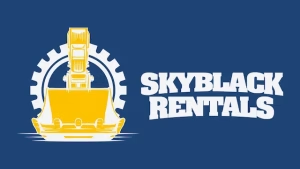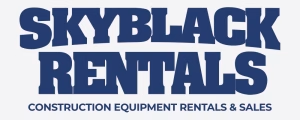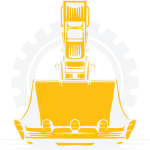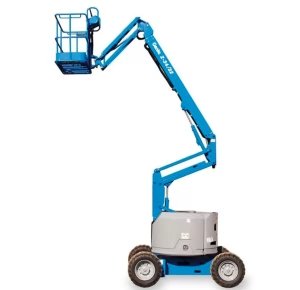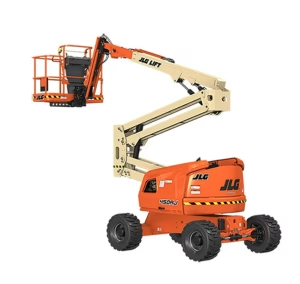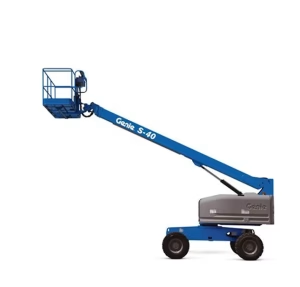Aerial Work Platforms Safety Measures
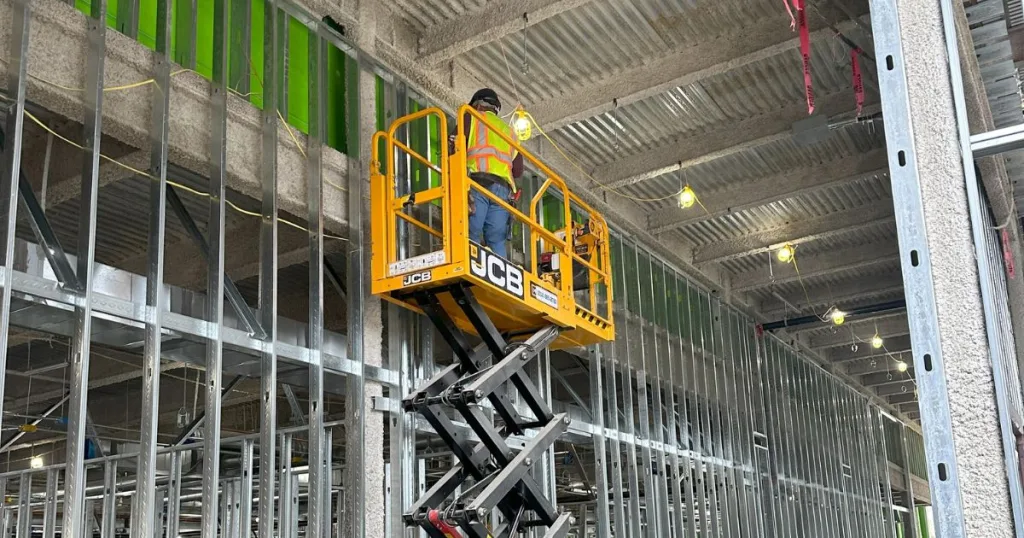
In the fast-paced world of construction and maintenance, aerial work platforms have become indispensable equipment, enabling workers to reach new heights and accomplish tasks efficiently. However, as with powerful equipment, safety should always be a top priority. Whether you’re a seasoned professional or a first-time user, here’s a blog on the safety measures you should follow when using aerial work platforms, especially if you’re considering aerial work platforms for rent.
Prioritize Proper Training
Invest time in comprehensive training before you step onto an aerial work platform. It’s not just about understanding the controls and functions but also about grasping the principles of balance and stability. Many equipment rental companies offer training programs to ensure users are well-prepared to operate the machinery safely. Don’t skip this step – it’s your first defense against potential accidents.
Inspect Before You Ascend
Never underestimate the importance of a thorough pre-operation inspection. Take a moment to scrutinize the aerial work platform for any signs of wear, damage, or malfunction. Pay special attention to the control panel, hydraulic systems, and safety features. If you opt for aerial work platforms for rent, ensure that the rental company provides a well-maintained and regularly inspected machine.
Harness the Power of Personal Protective Equipment (PPE)
Wearing the right gear can make all the difference in ensuring your safety. Equip yourself with a sturdy hard hat, non-slip boots, and a high-visibility vest. Additionally, don’t forget about a harness – it’s your lifeline in case of unexpected incidents. Regularly check and maintain your PPE to guarantee it functions as intended when you’re up in the air.
Mind Your Surroundings
One of the common pitfalls of using aerial work platforms is neglecting the surroundings. Always be aware of potential hazards, such as overhead power lines, unstable ground, or adverse weather conditions. Stay clear of congested areas and ensure there’s ample space for the platform to maneuver. Constant vigilance is key to a safe and accident-free operation.
Adhere to Load Capacity Guidelines
Every aerial work platform comes with specified load capacity guidelines. Exceeding these limits can compromise the platform’s stability, leading to accidents. Before lifting off, consider not just your weight but also the weight of the equipment and materials you’ll be carrying. If you’re unsure, consult the equipment manual or seek advice from the rental company.
Watch Your Step – Literally
It might sound simple, but maintaining proper footing is crucial. Keep both feet firmly planted on the platform and avoid unnecessary movements. If you need to reach a different spot, move the platform instead of overreaching. Maintaining a stable stance reduces the risk of slips, trips, and falls.
Communication is Key
If you’re working with a team, effective communication is paramount. Establish clear signals and instructions before ascending. Ensure everyone involved in the operation is on the same page regarding tasks, movements, and emergency procedures. A well-coordinated team minimizes the chances of accidents and enhances overall job efficiency.
Summing Up
While aerial work platforms offer a convenient solution for reaching great heights, safety should never be compromised. By prioritizing proper training, regular inspections, and adhering to safety guidelines, you can confidently use aerial work platforms to get the job done efficiently. And if you’re considering aerial work platforms for rent, choose Skyblack Rentals, which prioritizes equipment maintenance and user safety. After all, it’s not just about getting the job done – it’s about getting it done safely!Top of Form
Become our client
-
Request machines in any way you like.
-
Open an account with us to enjoy our top-tier service.
Broad solutions
-
Buy used equipment from top brands.
-
Service machines you own or rent from others.
